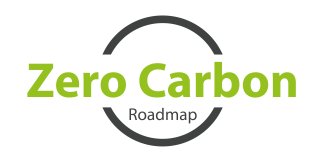Fleet - transition to low or zero emission vehicles
All North West Leicestershire District Council vehicles will be low or zero emission in the next three years as part of its work to be zero carbon by 2030.
Through a £5.2 million investment, agreed by full council in November 2021, all 114 of the authority’s vehicles will be replaced with either battery electric vehicles or will run on waste food oil by 2024.
The switch to Hydrotreated Vegetable Oil (HVO) fuel, a by-product from the food waste industry, was completed in January 2022 across the entire council fleet. The first two electric vans were delivered in April 2023 and, in July 2024, there is now a total of 15 electric vehicles in the fleet.
The new vehicle fleet will reduce emissions significantly, and the electric vehicles will result in an estimated carbon saving of 1,221 tonnes of CO2 over the vehicles’ lifetime.
The cars and vans in the fleet will be replaced with battery electric vehicles (BEVs), with charging points installed at key locations.
The larger and more specialist vehicles that currently run on diesel, including waste collection trucks, street sweepers, mowers, tractors and housing fleet, are now fuelled by HVO. This will reduce carbon emissions by more than 90% versus using diesel.
The council reviews technologies regularly to consider whether completely zero emission options become viable for its larger and more specialist vehicles.

Related Links (1)
Last updated: Wed 17 July, 2024 @ 10:20